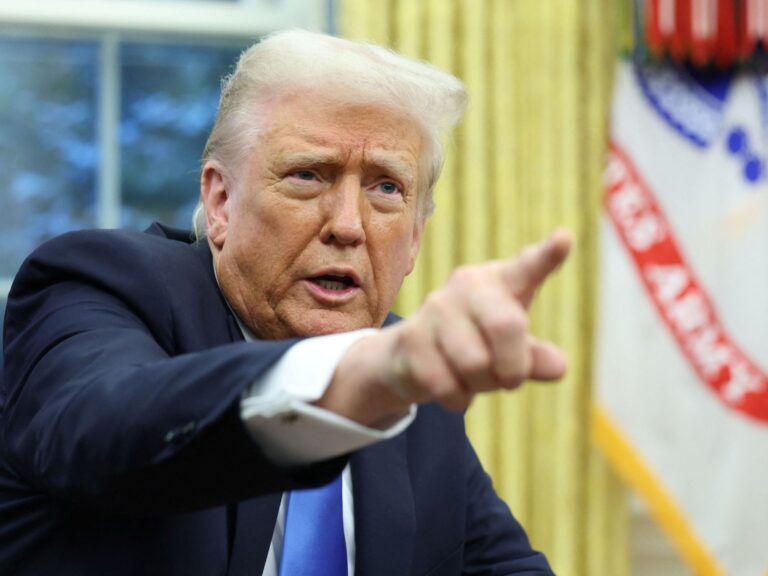President Donald Trump’s outcries against government overreach and abusive tactics are numerous. But will he instruct his administration not to repeat these power abuses? Trump’s spokesman, Alex Pfeiffer, has asserted that FBI Director nominee Kash Patel will “end the weaponisation of law enforcement” and “target crime”. I find this unlikely. Patel’s statements suggest that, rather than ending such practices, the Trump administration will only increase persecution and attacks, both criminal and civil, on those perceived as political opposition.
For those wondering how an administration that favours headline-grabbing over justice and lawfulness might deploy weaponised law enforcement, baseless investigations, and political retaliation against those with differing viewpoints, there is much to be learned from the experiences of America’s Muslims.
For us, it is the same old story.
After 9/11, a broad range of Muslim organisations based in the US were targeted by law enforcement under the pretext of combating terrorism. This campaign involved high-profile investigations, asset seizures, and public accusations. American Civil Liberties Union (ACLU) staff, in their 2009 report Blocking Faith, Freezing Charity, reported that “According to the 9/11 Commission staff, Treasury officials acknowledged that in the post-9/11 period, ‘some of the evidentiary foundations for the early designations were quite weak,’ and that the haste to designate charities after 9/11 ‘might [have] result[ed] in a high level of false designations’.” Many other groups, including the Council on American-Islamic Relations (CAIR), the largest Muslim civil rights and advocacy organisation in the US, where I work, were similarly smeared. The consequences of these smears persist to this day.
Take CAIR, for example. If you are a Muslim in the US with political opinions, particularly on civil rights or issues affecting marginalised minorities, you have been subjected to government scrutiny. By 2011, then-Attorney General Eric Holder concluded that “the facts and the law” did not support any legal action against CAIR. The Bush administration had reached the same conclusion earlier. Undeterred by facts or law, however, internet warriors claimed the decision was due to political interference. US Attorney James Jacks, a key figure in one prosecution, later issued a statement addressing these allegations, saying, “The decision to indict or not indict a case is based upon an analysis of the evidence and the law. That’s what happened in this case.”
Still, the labels and rumours persist. Be prepared, as this is likely what you ‚Äì alongside anyone publicly expressing a dissenting opinion or standing opposition to a government position ‚Äì will face under Trump 2.0. Facts? Law? Not in this case. The same old story: Disinformation serving political agendas. It will make your allies hesitant to come to your defence. It will make donors nervous. It will…
Read More: What America’s Muslims can teach you about resisting political oppression |



